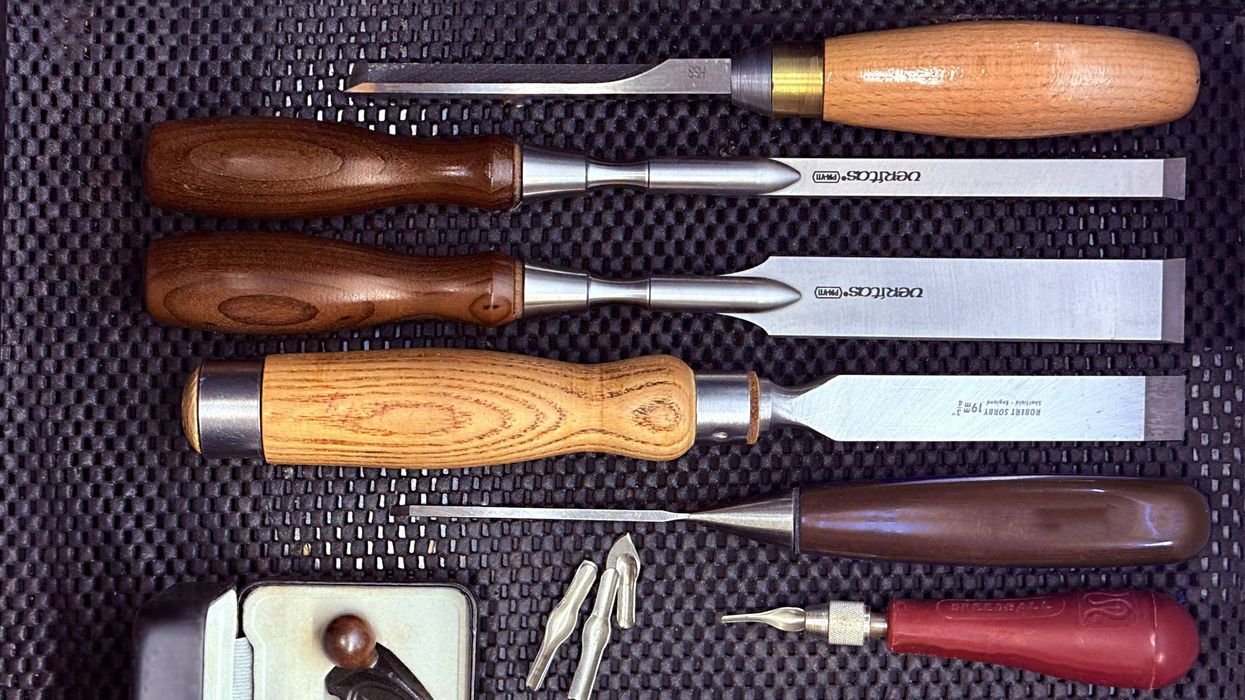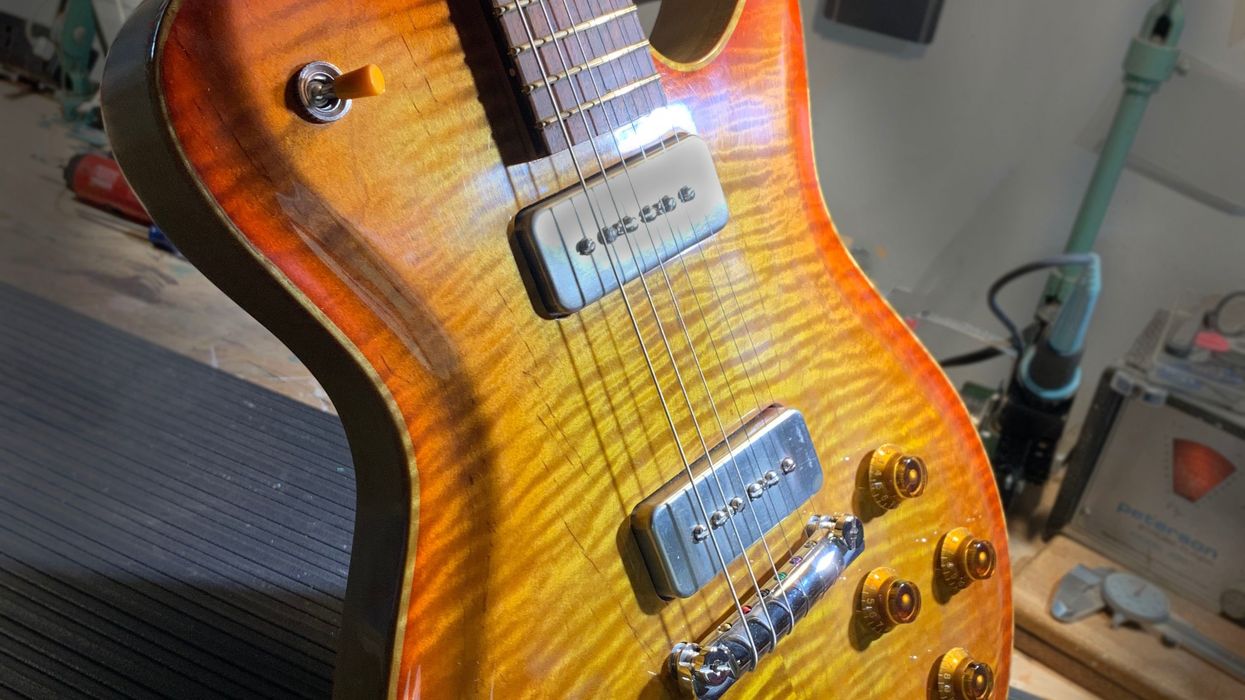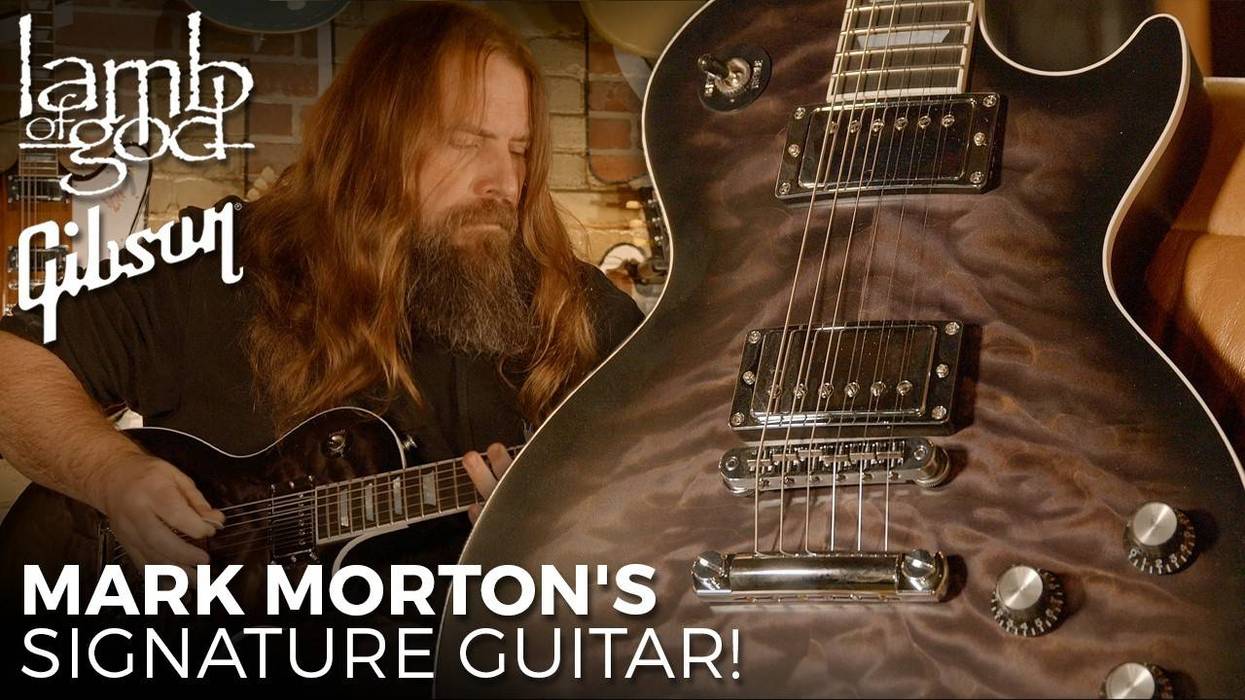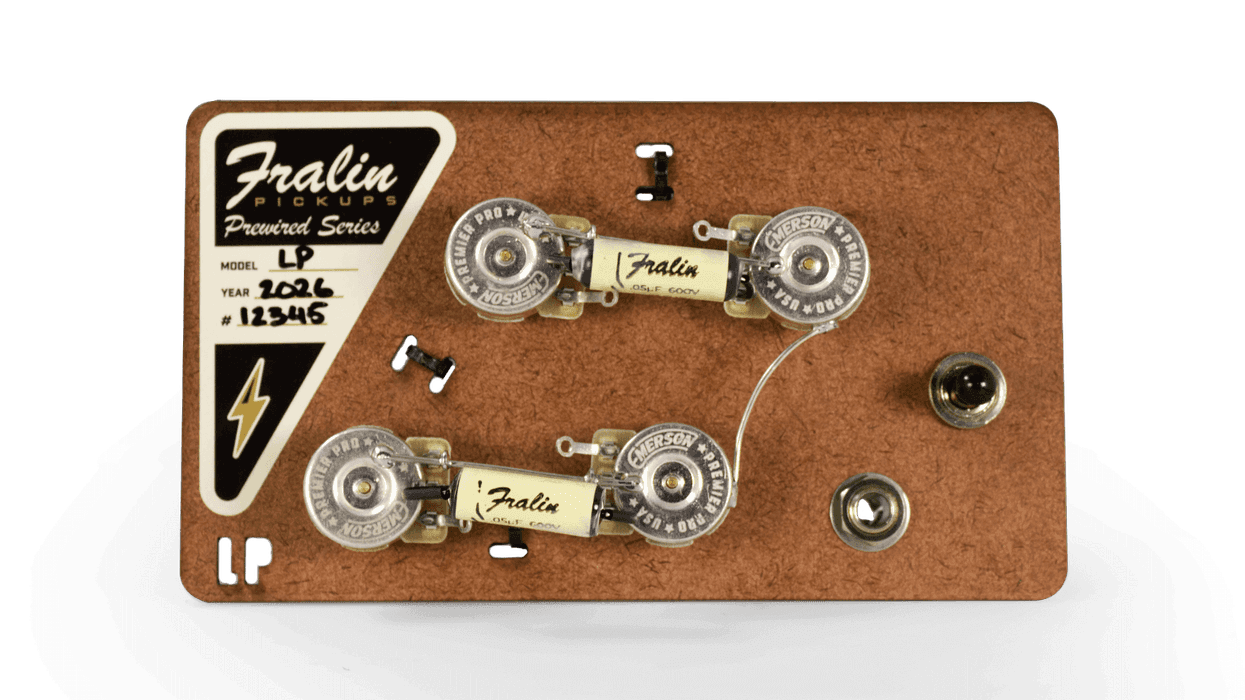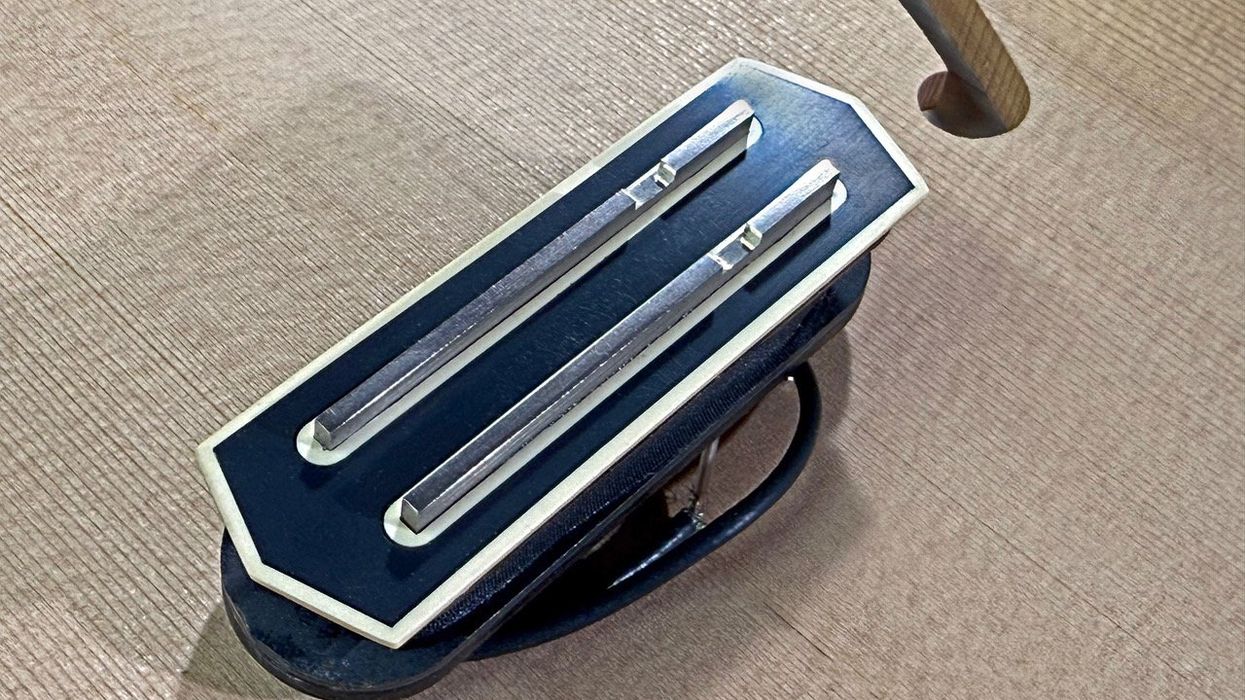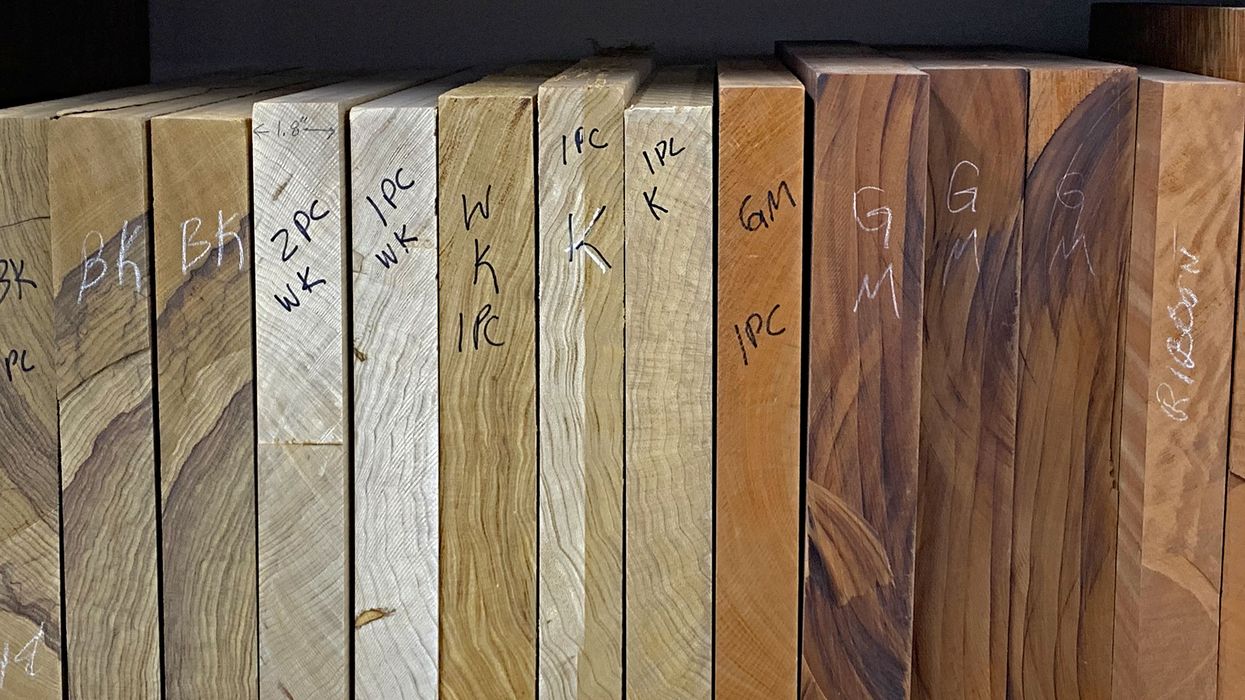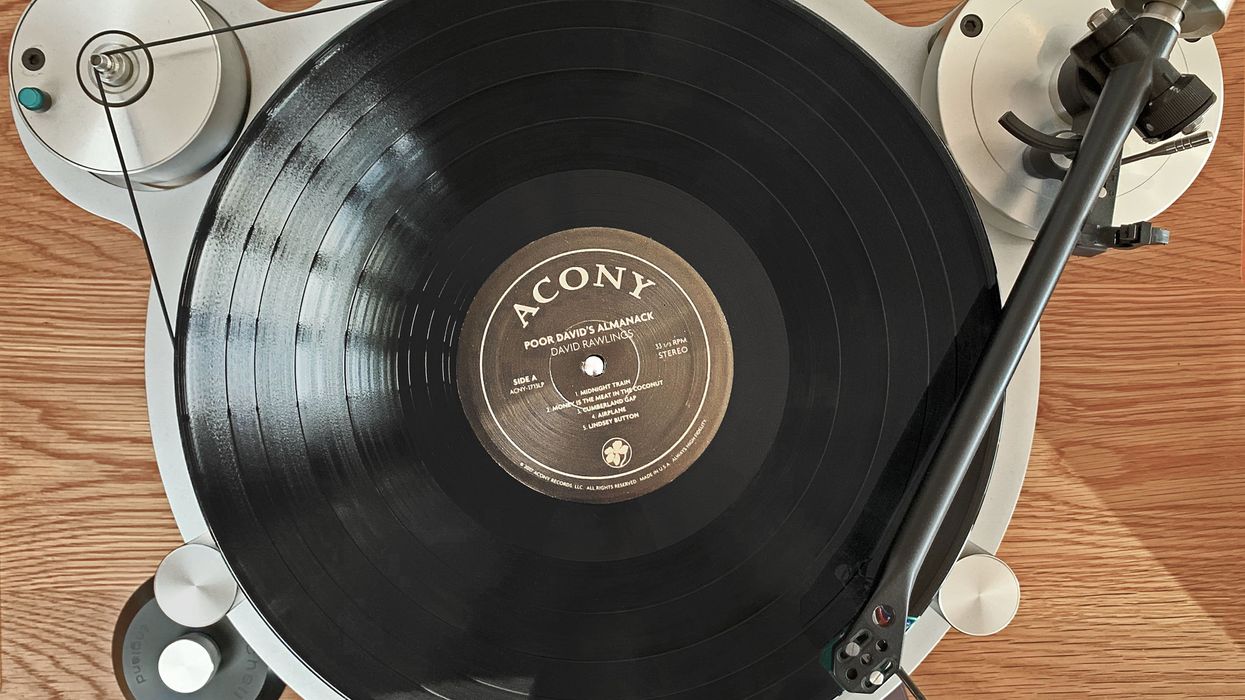Over the years I’ve often been asked for advice about how to “get into the business” of either the playing or building of guitars. Despite my reluctance to toss anyone into the hellhole pit that is either of these two endeavors, I do my best to help. That isn’t to imply that building guitars or playing music isn’t satisfying—it most certainly can be. In fact, many of us have built fulfilling and profitable careers in both of these trades, not to mention made lifelong friends. What are you hoping for? Is this going to be your job, with hopes that it won’t seem like drudgery? Do you just like to mess around with gear and wonder what it would be like to do it for pay? Like almost everything in life, it’s the managing of expectations that’s at the heart of the matter.
If it’s money you’re after, there are people more qualified to guide you than me. Yes, I’ve managed to scrape together a living while seemingly avoiding the grind of a “normal” job, but it hasn’t been a cake walk. I’d be afraid to add up the hours I’ve spent doing things I would have rather not had to do. I call it the 80/20 rule. You spend 80 percent of your time doing stuff you’d rather not do, and 20 percent doing the things you love—and I’m being generous here. If that seems like a normal job to you, you’d probably be correct. But despite all of that, let’s talk about how to get started anyway.
If you want to follow your muse and cut your own path, approach things like an artist who dropped out of business school. Be prepared to use your truncated education on 80 percent of the work, and let your freak flag fly on the 20 percent that makes you be you. Not everything you create will solve problems and answer questions for your customers and fans, but that’s not the point—at least in the creative part. Don’t worry, your rational self will be waiting down the line to reveal the cold hard truth later.
“Being a creative person is a series of trial-and-error episodes as much as any kind of formal schooling.”
In art critic Jerry Saltz’s book How to Be an Artist, he spells out how to discover your path—a sort of step-by-step guide to making the right kind of “mistakes” that bring you to the place where you know and understand how to be uniquely you. In fact, you might want to stop reading my drivel and go buy his book now. That gets us both off the hook.
Saltz’s process seems very familiar to me. You see, being a creative person is a series of trial-and-error episodes as much as any kind of formal schooling. It’s good to learn the history of your craft—all of it. Learn the way artists look at the world. Try to imagine how the constraints of what has come before benefit and hold us back. You can’t break the rules unless you know them and why they exist. There are conventions that should be questioned, and others that are the bedrock of the game you are playing. Learn how to tell the difference.
Maybe you’ve heard that there are only seven basic story arcs: overcoming the monster, rags to riches, the quest, voyage and return, comedy, tragedy, and rebirth. But we all know that within these themes there are infinite possibilities. That’s your ticket. That’s where your personality and character carve out your unique vision. I like to think of guitars (and songs) as story arcs. There may be only a few archetypes, and almost everyone follows them, but what’s important is the way you tell the story. On a guitar, you shouldn’t just decide to put a toggle switch in the middle of the fretboard because you want to be different, but you can decide to make that switch do something that hasn’t been done. I usually stop at that point and ask the 80 percent dude in me if this will actually help anyone, although I am free to ignore the answer if it helps to tell the story I am telling.
In the end, if you pay attention to what you like, the story you are telling will be a reflection of you. When that story makes sense to your audience, too, you’re in business. And that’s how you make a life as an artist





